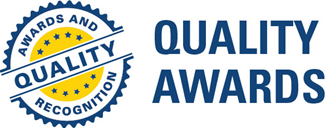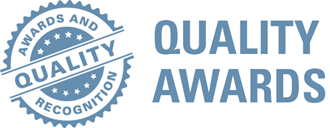

 Quality Awards
Quality Awards

Welcome to the St. Luke’s Transitional Year Residency - Anderson Campus. While we are a new program, we are part of a vast Network that is home to multiple hospitals, a medical school and a rich and storied legacy of graduate medical education. Our sponsoring program is the Internal Medicine program here at Anderson campus; you will gain significant exposure and experience in Internal Medicine during your time here. The Transitional Year Program is also proud to be a part of a unique collaborative effort in conjunction with the Department of Dermatology and the Department of Radiology through the creation of a combined-four year and five year programs respectively.
The goal of St. Luke’s Transitional Year Residency Program at Anderson is to provide a strong foundation in the care of patients both in the inpatient and outpatient settings. After finishing this program, the transitional year resident will have amassed a solid fund of knowledge regarding the evaluation and treatment of hospitalized patients, as well as management of common ambulatory based medical issues seen by a primary care internist. In addition, the transitional year resident will have learned about preventative medicine and health maintenance; s/he will also gain appreciation and exposure to Lifestyle Medicine and its important role in the treatment of many chronic medical conditions.
Our trainees who choose this year are seeking a preparatory year before entering other residency training. Others are looking for a broad-based clinical year to help them to decide which field of medicine they would like to pursue. Strengths of our program include: flexible elective time with a wide choice of clinical experiences; individual tailoring of the resident's curriculum to suit his/her long-term career goals; a strong educational environment with dedicated faculty; the opportunity to interact with residents/fellows from other programs; excellent ambulatory training in a faculty practice; and the opportunity to learn using interactive conferences, web-based learning and simulation.